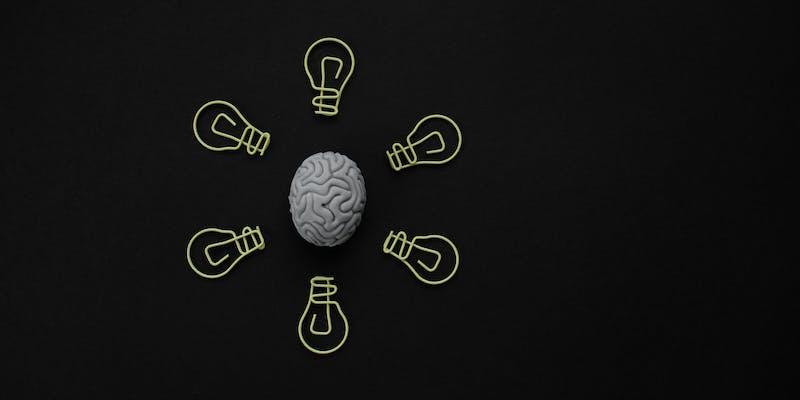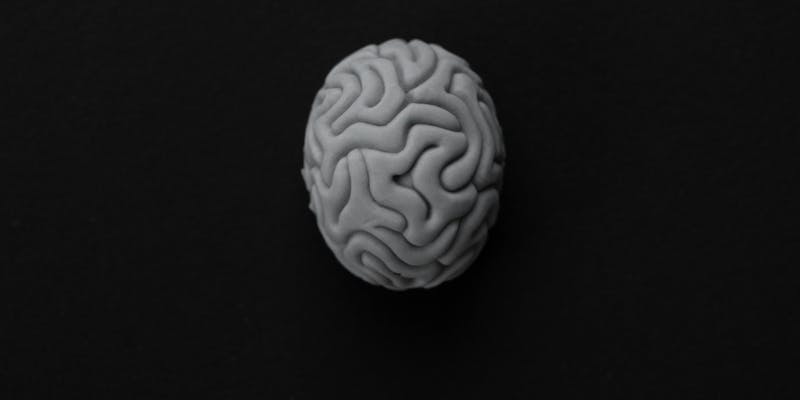Over 50 million individuals worldwide have dementia. It is a disease that affects memory, thinking, and regular functioning. Unfortunately, many people are unaware of the usefulness and protection of nutritional dietary supplements in this place. Research indicates a lack of knowledge about these supplements' mental health advantages. Certain supplements are marketed as cognitive impairment treatments, even though there's little proof. As more humans use gut and brain health supplements to prevent dementia and improve cognitive characteristics, their safety and efficacy should be assessed.
Key Considerations
The best brain health supplements promise to treat specific health issues, especially serious disorders like dementia or Alzheimer's. But, supplements are not meant to prevent or treat illnesses. Instead, abundant research emphasizes the importance of a balanced diet and lifestyle in illness prevention. Dietary supplements are appealing, but there is little proof that they treat or prevent numerous health issues.
Choose supplements tested by USP or NSF. Supplements may not be safe or effective even after third-party testing. Thus, honest discussion with healthcare professionals about supplement usage and potential interactions with other supplements is essential. Consumers and healthcare providers work together to use gut and brain health supplements wisely and promote a health-conscious lifestyle beyond food treatments.
Supplements That Boost Brain Health

Diet and nutrition greatly affect brain health. Your long-term diet affects your brain health assessment and general health. Supplements that work for the brain are:
Omega-3 Fatty Acids
Omega-3s are polyunsaturated fatty acids. Certain omega-3s is one of the best brain health supplements. DHA is a long-chain omega-3 that has been extensively studied for mental characteristics. DHA is considerable inside the mind and important for brain health and boom. Researchers also confirmed that AD sufferers have decreased DHA ranges than cognitively healthy adults.
Vitamin B-12
Brain fitness requires diet B12 throughout existence. This vitamin allows to do brain health assessment and allows spinal cord to develop and function. It may also prevent dementia and other cognitive problems. Low vitamin B12 degrees may additionally reduce cognitive impairment and depression. When diet B12 is poor, homocysteine may increase and damage brain or spinal wire nerves. However, vitamin B12 supplementation for cognitive impairment has had conflicting effects. B12 supplementation blessings people with excessive neurological sicknesses but now not the ones without.
Low vitamin B12 stages may be connected to AD or dementia in different studies. People with dementia who've low diet B12 tiers score worse on the Mini-Mental State Exam (MMSE), an intellectual overall performance check. Thus, experts consider low diet B12 tiers can also cause dementia.
Multivitamin Supplements
Research suggests a simple multivitamin may improve cognitive ability. Multivitamins contain daily micronutrients (vitamins and minerals) that make them one of the best brain health supplements. A multivitamin should never replace a balanced diet, although it may "fill in the gaps" if vital nutrients are lacking.13 A multivitamin is suggested for pregnant women, but not everyone needs one. Consult a doctor before taking a multivitamin.
New research suggests multivitamin supplements may help elderly persons with memory impairments.
A recent clinical experiment randomized approximately 3,000 elderly persons to take a placebo or multivitamin daily for three years. Daily multivitamin users had better quick recall. These gains persisted throughout the three-year experiment. As this research is new, further studies may be needed to evaluate if daily multivitamin usage improves cognition in older persons or other demographics.
Caffeine
Caffiene is included in the list of marketed gut and brain health supplements. Some studies relate healthy caffeine use to cognitive performance. Many foods and drinks contain caffeine, but coffee is the most common. A modest quantity of caffeine improves alertness, while 400 mg or more may produce anxiety and insomnia. One review found that caffeine enhances concentration and response time. Researchers disagree on how caffeine affects "higher" cognitive skills like decision-making and problem-solving.
Supplements That Don't Boost Brain Health

You can't always trust dietary supplement claims. This may be especially true for brain health assessments. Many brain-health supplements aren't well-studied enough to recommend. A few of them are:
Prevagen
Prevagen is an OTC brain health supplement. It contains jellyfish protein apoaequorin. However, Prevagen has little scientific basis. Only one clinical trial shows it improves cognition. Unfortunately, various restrictions raise doubt on this single trial's validity.
Critical evaluation points out methodological and design faults in the clinical research, including sample size and bias. These restrictions cast doubt on Prevagen's brain health claims. Given the lack of substantial scientific validation and possible effects, consumers should be wary of Prevagen and choose better-studied cognitive well-being solutions. Consult healthcare specialists for tailored guidance before using supplements with limited and disputed scientific evidence.
Vitamin E
Vitamin E's antioxidant capabilities have been studied for its possible effects on brain health assessment, notably Alzheimer's. This research is equivocal on vitamin E's medicinal or preventative impact.
According to a comprehensive analysis, vitamin E's brain health advantages are unclear. Few research has shown a consistently good effect. Poor vitamin E bioavailability may impact body absorption and use, explaining this variation. Vitamin E is an essential antioxidant, but its impact on neurological diseases like AD needs additional study. Vitamin E's involvement in brain health must be clarified through continuous research.
Vitamin D
Vitamin D insufficiency is linked to an increased risk of Alzheimer's disease (AD). Vitamin D levels are linked to AD risk, but there is no empirical evidence that supplementation prevents or treats the illness.
The cognitive effects of vitamin D supplementation in Alzheimer's have not been shown. While treating vitamin D insufficiency is important for general health, especially given its relationship with numerous illnesses, vitamin D supplementation alone may not prevent or treat Alzheimer's disease. Function practitioners recommend a balanced diet and sun exposure for AD risk factors as researchers study the complex link between vitamin D and cognitive function.
Alternative Brain Health Methods
Best brain health supplements aren't the only approach to maintaining brain health. Numerous lifestyle adjustments to preserve brain health and minimize your risk of AD include:
- Regular exercise
- Reading books or taking online or community college classes
- Giving up smoking
- Maintaining heart health
- Wearing a helmet when biking and a seatbelt when driving
- Getting adequate rest
- Maintaining mental health
- Maintaining social interaction
- Playing puzzles, games, or anything else to challenge your brain







